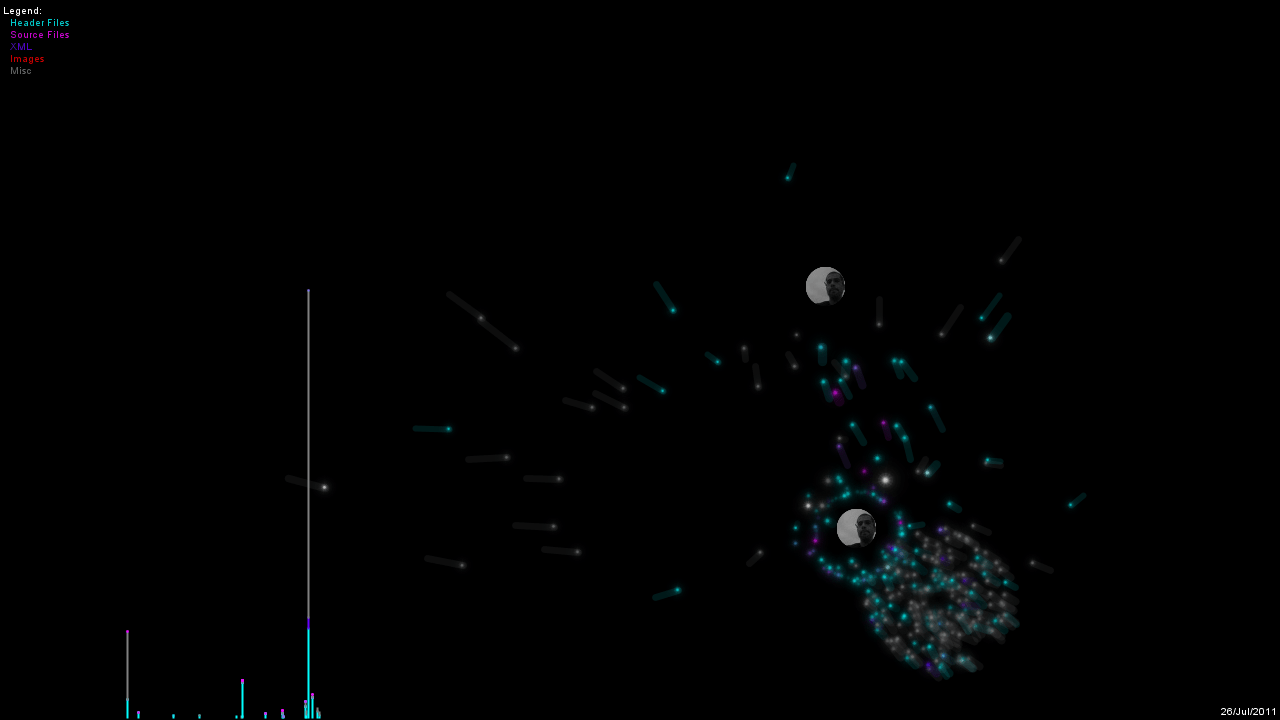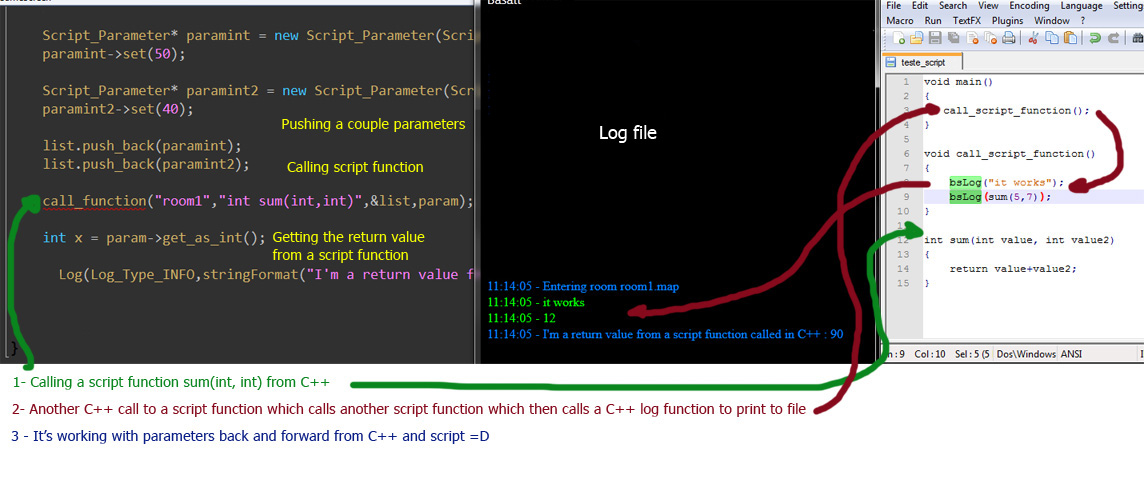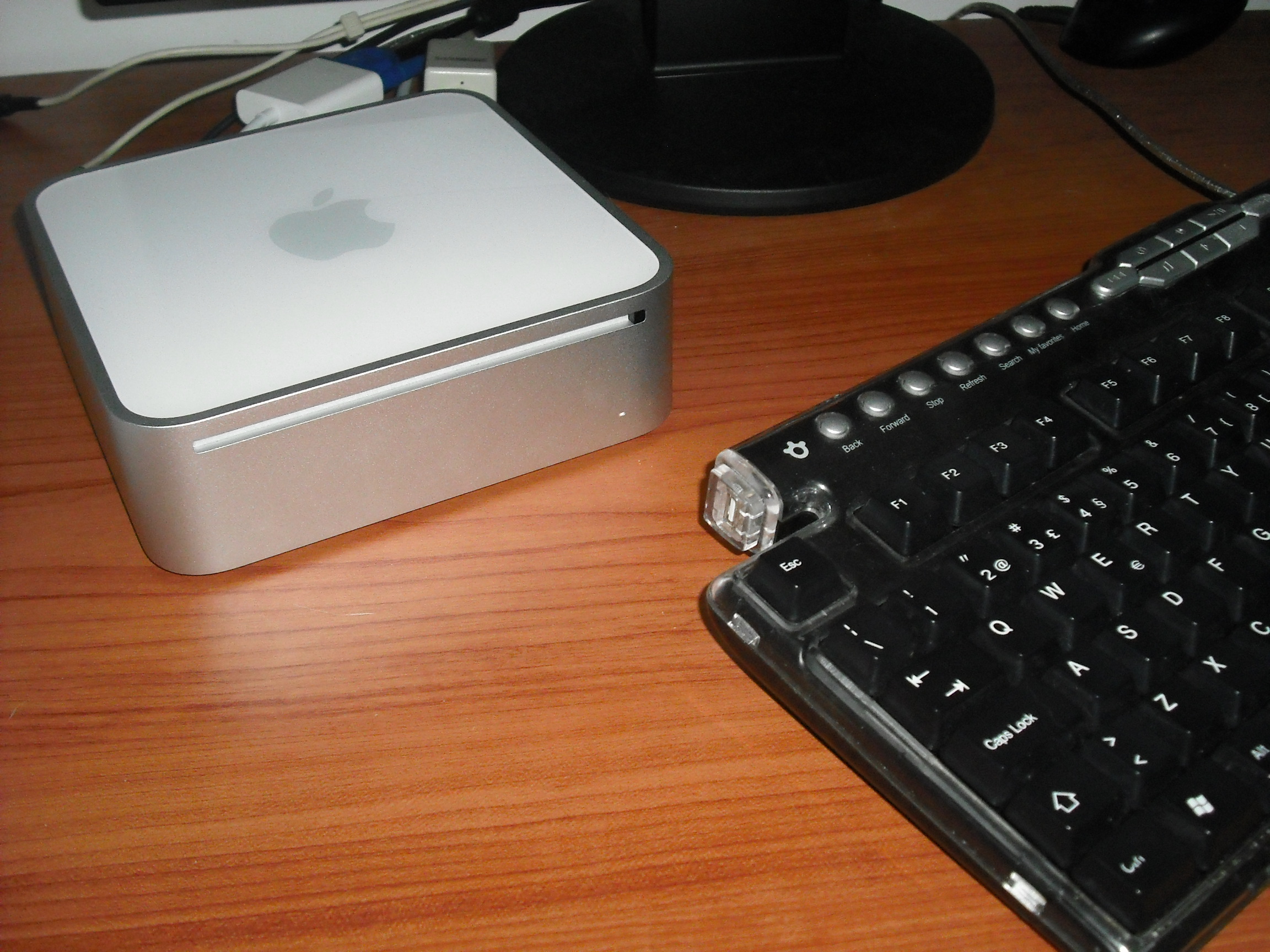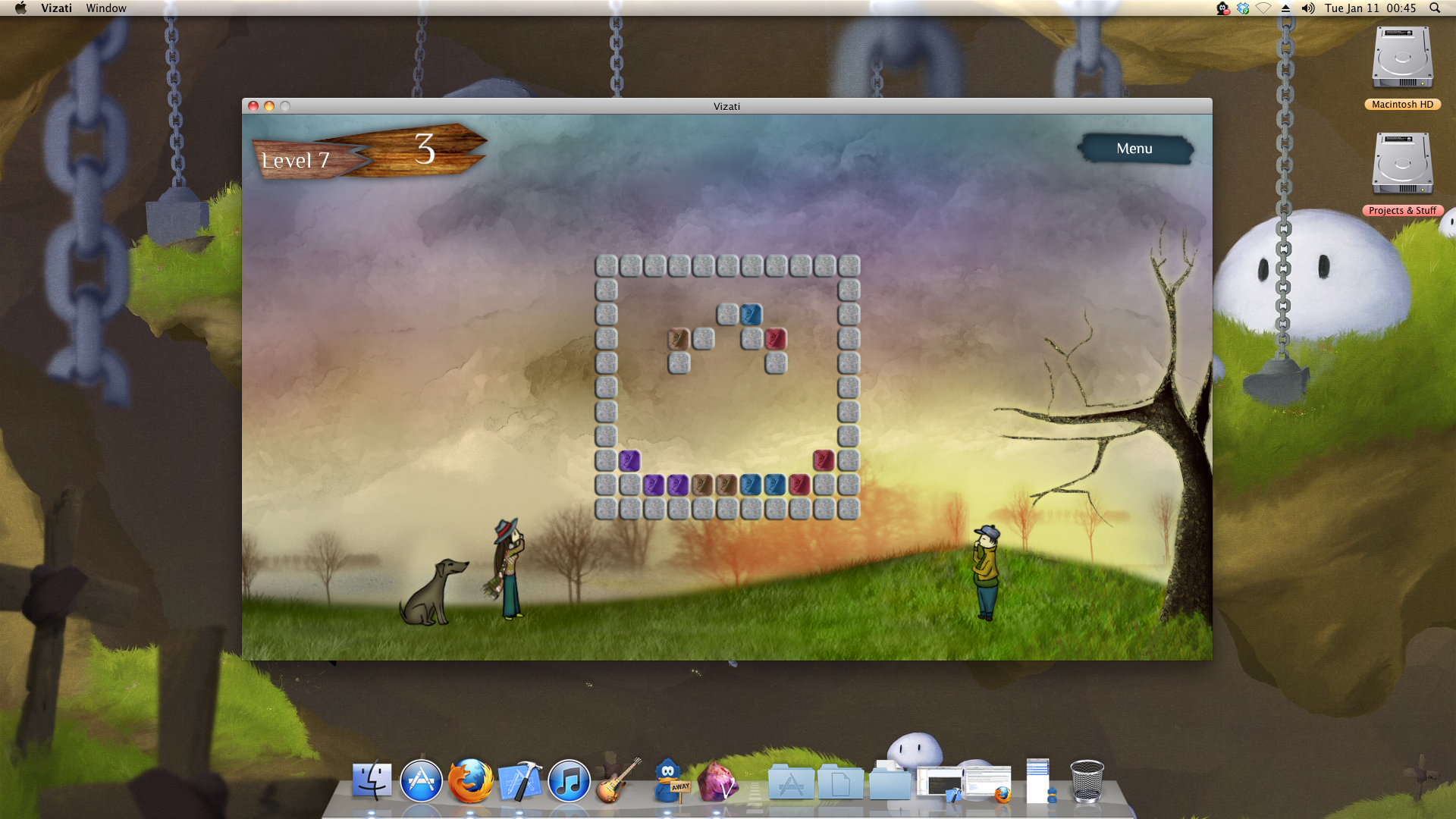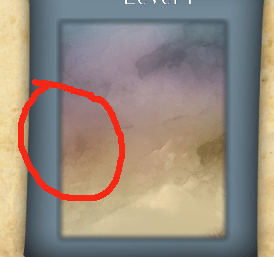
Unity enshittification round 2, moving on to custom tech.
After mostly a week of anxiety, for thousands and thousands of developers, Unity changed the rules again, and first glance, it’s better for the immediate problems it would cause for active and in-development games. They removed the retroactive aspect of the “pay-per-game-install”, so only for someone on Unity 2023 LTS+ (launching next year) will that apply, current projects will not be affected. Small relief, as long as we can keep using existing versions with current Terms of Service. This will be impossible on mobile and consoles in a short time frame due to SDKs, but for PC should be fine. ...



